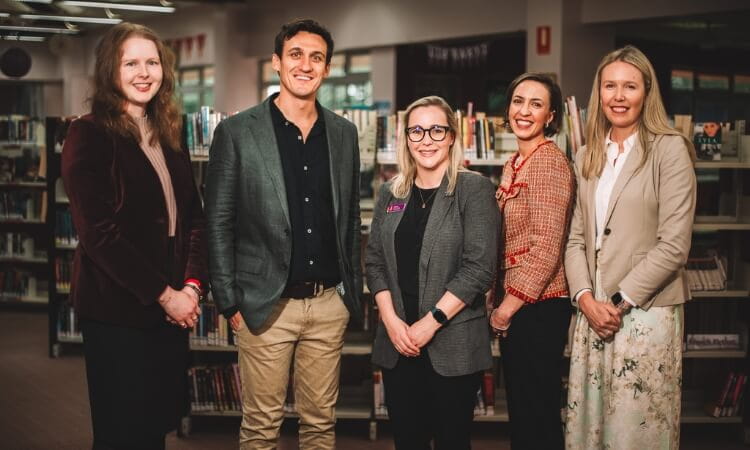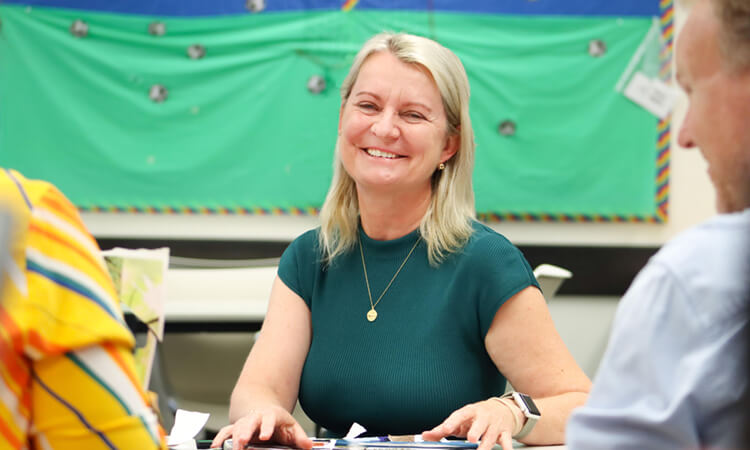Logging schools on to AI success

Question: How do you tell Generation Z students, who have grown up with the latest technologies at their literal fingertips, that they’re not allowed to use that tech when it comes to their academic work?
Answer: You don’t. But you help them use it with integrity and ensure meaningful learning is taking place.
That’s been the focus of a new collaborative project between the University of Southern Queensland (UniSQ) and The Glennie School in Toowoomba, called ‘A Teacher's Guide to Academic Integrity & Generative Artificial Intelligence (GAI)’.
The project saw academics from UniSQ’s School of Education and Academic Transformation Portfolio collaborate with staff at The Glennie School to develop an open education resource informing, supporting, and empowering teachers by providing strategies, resources, and policies to assist in identifying and managing the use of GAI within the classroom.
UniSQ School of Education Senior Lecturer Dr Alison Bedford said she hoped the resource would go on to be used in all schools across Australia, as its “technology-agnostic” stance made it widely applicable.
“One of the biggest challenges for teaching and learning is developing policies and assessments that cater for GAI in a timely way,” Dr Bedford said.
“This is a real challenge both at a governing and individual school level, so we worked with the staff at The Glennie School to develop a ‘technology-agnostic’ policy. That is, one that is founded in the core principles of academic integrity, and can be applied to a wide range of technologies, rather than developing policies specifically for ChatGPT or Grammarly or other GAI tools.”
Dr Bedford said a driving factor in this project was acknowledging that GAI was “already ubiquitous” and would only become more so with time.
“By developing policy and teaching strategies that allow teachers to leverage the benefits for both teaching and learning, while also maintaining clear expectations about the need for academic integrity, this project serves as a model for other schools who are also navigating this new digital landscape,” she said.
"GAI, when used appropriately, can be a great tool – as long as we first establish with students the boundaries of appropriate use. This is essential for us to see what they have learned, and not simply what the GAI has produced.”
The partnership with The Glennie School in Toowoomba allowed UniSQ to gain direct access to the practical realities facing secondary schools in Australia. As The Glennie School Director of Teaching and Innovation Emily Scott explained, the collaboration helped to ensure the open resource was accessible and relevant to all students and teachers.
“We want our students to be prepared for this changing world. We also want our students to have a strong sense of understanding about the educative potential of advanced technology and its ethical use,” Ms Scott said.
“It is not about being reactive, but proactive. It is about starting the conversation, so we are making decisions that are equitable, ethical and pedagogically sound for all students.”
Access the open resource ‘A Teacher's Guide to Academic Integrity & GAI’.
Find out more about how UniSQ is addressing Academic Integrity.


